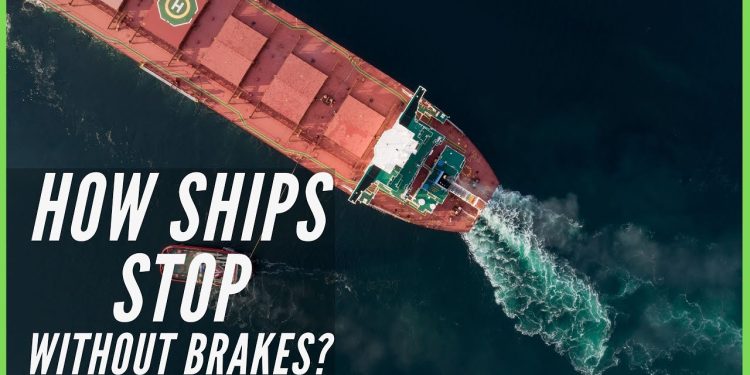Maritime collisions can have significant legal and financial implications for ship owners, operators, and insurers. This article delves into the legal protocols and claims processes associated with maritime collisions, providing a comprehensive guide to navigating these complex issues.
Understanding Maritime Collisions
Maritime collisions refer to incidents where two ships collide on the water. These incidents can result from various factors, including human error, mechanical failure, adverse weather conditions, and navigational mistakes. Understanding the causes and implications of collisions is crucial for effective legal handling.
- Causes of Collisions: The most common causes include navigational errors, failure to follow maritime traffic rules, and adverse weather conditions.
- Types of Collisions: Collisions can be categorized into allisions (ship hits a stationary object) and pure collisions (two moving ships collide).
Legal Framework for Maritime Collisions
The legal protocols for handling maritime collisions are governed by international conventions and national laws. Key conventions include:
- COLREGs (International Regulations for Preventing Collisions at Sea): Establishes rules of navigation to prevent collisions.
- Hague-Visby Rules: Governs the liability of carriers in cases of collisions and cargo loss or damage.
- Maritime Labour Convention (MLC): Protects the rights and welfare of seafarers involved in collisions.
These conventions outline the responsibilities of shipowners, operators, and crew members in preventing collisions and handling their aftermath.
Filing Claims for Maritime Collisions
When a collision occurs, parties involved may need to file claims for damages. The process involves several steps:
- Incident Reporting: Immediate reporting of the collision to relevant authorities and insurers is essential.
- Damage Assessment: A thorough assessment of the damage to ships, cargo, and any third-party property.
- Filing Claims: Claims can be filed for physical damage, loss of cargo, environmental damage, and personal injury or loss of life.
For insights into marine insurance claims, explore ourMarine Insurance Claims section.
General Average and Maritime Collisions
In the event of a maritime collision, the concept of general average may apply. General average refers to the principle where all parties involved in a maritime venture proportionally share the losses resulting from voluntary sacrifices made to save the venture.
- Declaration of General Average: The shipowner declares general average, and all cargo owners contribute to the loss.
- General Average Claims: Cargo owners can claim their share of the loss from their insurers.
Legal Responsibilities and Liabilities
Determining liability in a maritime collision can be complex. Factors considered include:
- Fault and Negligence: Identifying which party was at fault or negligent in causing the collision.
- Burden of Proof: The burden of proof lies with the claimant to establish the negligence of the other party.
- Shared Liability: In some cases, liability may be shared between parties based on the degree of fault.
Best Practices for Prevention and Mitigation
To prevent maritime collisions and mitigate their impact, adopting best practices is essential:
- Regular Training: Ensure that all crew members are regularly trained on navigational rules and emergency procedures.
- Proper Maintenance: Maintain ships and equipment to prevent mechanical failures.
- Effective Communication: Implement effective communication protocols between ships and shore-based operations.
Handling maritime collisions involves understanding the legal framework, filing appropriate claims, and adopting best practices for prevention. By following these guidelines, shipowners and operators can navigate the complexities of maritime collisions and minimize their impact.
For expert legal assistance on maritime collisions and related issues, contact Vladimirov Law. Our team specializes in maritime law and is equipped to handle all aspects of collision claims and legal protocols.
Learn more about our services atVladimirov Law.
















